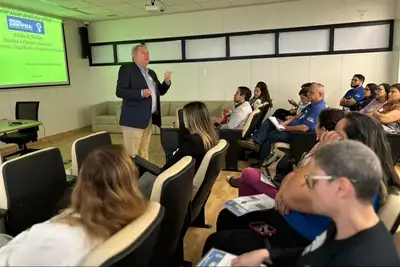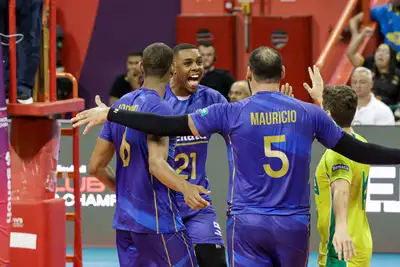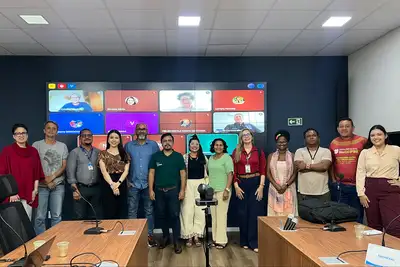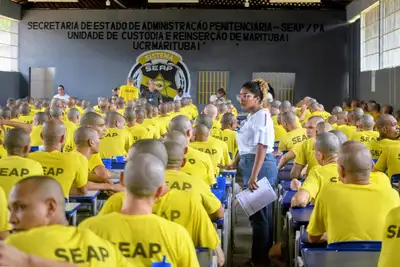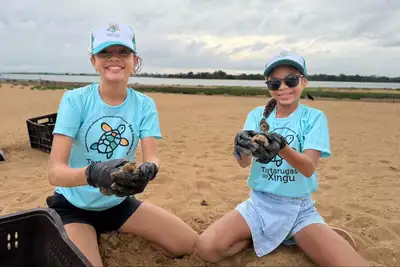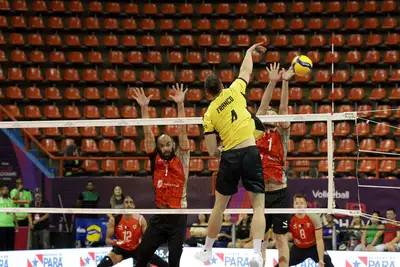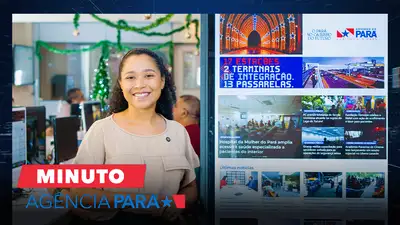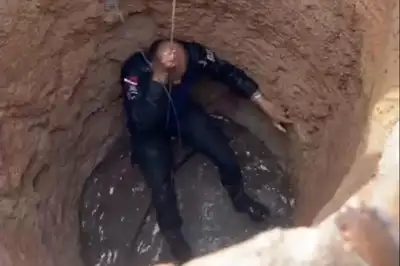Proper vaccination is an ally in protecting children undergoing cancer treatment
The update of the vaccination card should be planned and monitored by oncologists and pediatricians to reduce serious complications
Vaccination is considered one of the most effective strategies for prevention in public health by protecting against diseases caused by viruses, bacteria, and germs, which can cause various illnesses. However, when it comes to children undergoing oncological treatment, this topic requires extra attention to ensure adequate immunization, reduce serious complications, and preserve the lives of patients.
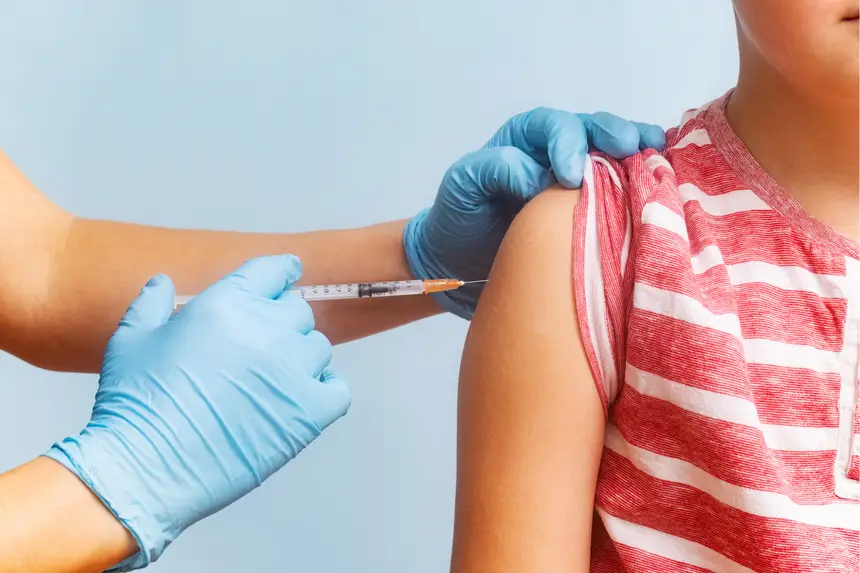
Inactivated vaccines, such as those for influenza, Covid-19, and human papillomavirus (HPV), are considered safe for this population, especially during phases of low chemotherapy dosage or maintenance. However, vaccines with attenuated viruses (such as measles, mumps, rubella, chickenpox, yellow fever, and rotavirus) should be suspended during treatment. They are contraindicated during immunosuppression as they can cause serious infections.
As explained by pediatric oncologist Karoline Silva from the Octávio Lobo Children's Oncology Hospital (Hoiol) in Belém, during cancer treatment, the child's immune system is compromised. According to the specialist, "vaccination should be performed before the start of therapeutic intervention and temporarily suspended during periods of severe immunosuppression, with intervals that may vary according to the type of vaccine and treatment protocol."
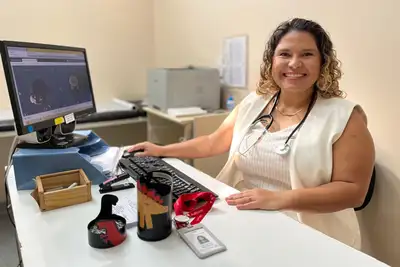
“Chemotherapy, radiotherapy, and even bone marrow transplants reduce the body's ability to respond to vaccines and fight infections. Immunosuppression can decrease the effectiveness of immunization, but this does not mean that vaccines are no longer important. Vaccination is essential to prevent more severe cases of infectious diseases, but it must be indicated and adapted by the oncologist according to each patient's clinical condition,” clarified the specialist.
In cases of bone marrow transplants, for example, vaccination is usually restarted about six months after the procedure or after the suspension of immunosuppressants. “The oncologist evaluates parameters such as the number of lymphocytes and immune recovery before releasing the doses,” explained Karoline Silva.
Planning - An updated vaccination card is a great ally before and during oncological treatment. “When the child arrives at the diagnosis with all vaccinations up to date, we face the treatment with more peace of mind, as we know that she already has basic protection against various diseases. No less important is to update the vaccinations of all close contacts, such as family members and caregivers,” emphasized the pediatric oncologist.
Therefore, the evaluation with the pediatrician before the start of treatment is crucial for the family to understand how immunization should be carried out. The oncologist, during or after treatment, assesses when the child is indicated for special vaccines and refers them to the Reference Centers for Special Immunobiologicals (Crie). These units of the Unified Health System (SUS) offer special immunobiologicals for immunosuppressed patients. Access is granted through a medical referral.
Personalized immunization - In some cases, there is a need for booster doses or serological monitoring to assess the presence of antibodies and ensure the effectiveness of protection. The recommendations follow national and international protocols, such as the Immunization Guide of the Brazilian Society of Immunology, the protocol of the American Society of Clinical Oncology, and the guidelines of the World Health Organization (WHO), all aimed at the safety and personalization of vaccination care.
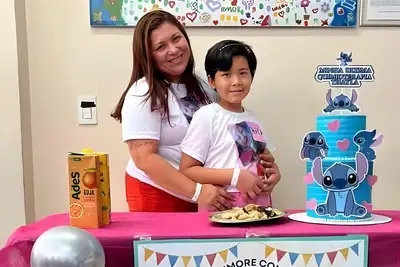
Housewife Elizandra Costa, 35, mother of Thayla Brito, 11, reported that the girl's vaccinations were up to date before the cancer diagnosis. “When we discovered the disease, my daughter had to pause her vaccinations, exactly until the moment she stopped, due to chemotherapy. Now, it has been 11 months since she has been out of treatment, only under monitoring. We will talk to the oncologist about this,” said Elizandra.
Amid doubts and fears, some parents are afraid to vaccinate their children during cancer treatment. However, Karoline Silva emphasized that “when vaccination is planned appropriately and safely, it represents an act of love, protection, and responsibility. It is an essential step in the comprehensive care of the child with cancer, strengthening not only the body but also the hope for healthier days.”
Text: Leila Cruz - Ascom/Hoiol


